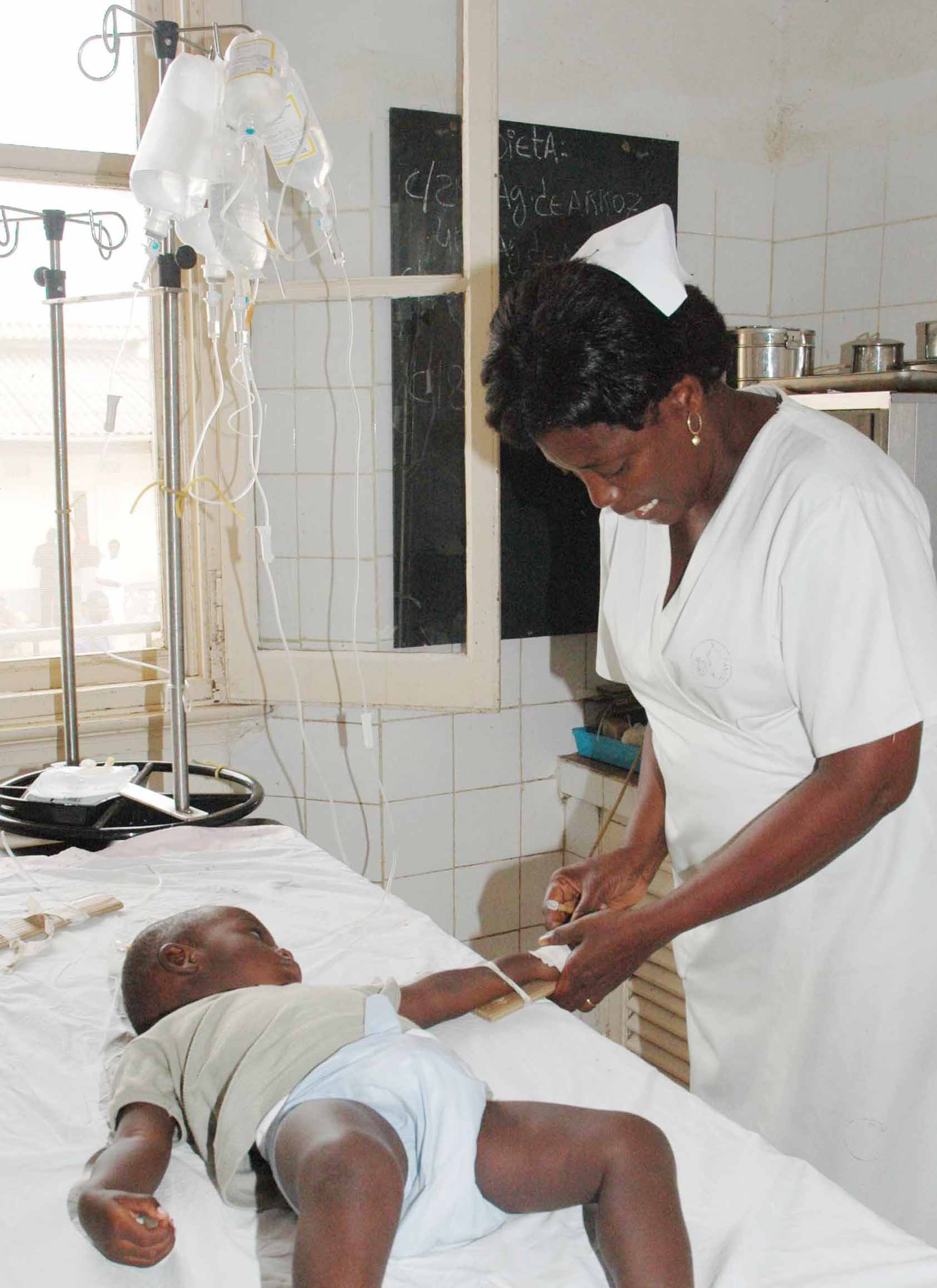The West African Rotavirus Advisory Board on 3 December held a meeting in the Senegalese capital, Dakar, as part of efforts to advance the vaccine’s use after the World Health Organization recommended its inclusion in national immunization programmes worldwide.
George Armah, professor and rotavirus expert at Ghana’s Noguchi Memorial Institute for Medical Research, told IRIN the evidence is clear and must be used to push policymakers to act. “Rotavirus is one of the major causes of diarrhoea deaths and hospital admissions. There are vaccines that are very effective and can radically reduce mortality and morbidity from rotavirus infection.”
Rotavirus is the leading cause of severe diarrhoea and dehydration in children, with some 527,000 deaths of under-fives per year – 85 percent of them in Africa and Asia, according to WHO.
Following a recent rotavirus meeting in Kenya, a number of countries in southern and eastern Africa applied to the GAVI Alliance - the global public-private partnership to increase vaccine access – for assistance in introducing rotavirus and pneumococcal vaccine.
Call to action
The Dakar meeting – financed by GlaxoSmithKline, makers of one of two rotavirus vaccines – was in part a chance to present to West African countries a “call to action” from the Kenya meeting; the document says governments must immediately recognize the magnitude of the rotavirus problem and make vaccination against the virus a priority.
GAVI supports the introduction of vaccines in eligible countries, with a commitment that the country will gradually increase its contribution.
Armah said health officials are still learning about rotavirus. He said the key is making them understand the toll rotavirus takes and the importance of vaccination.
“It’s largely a question of ignorance. I’ve been to meetings where ministers have said, ‘We do not have a rotavirus problem in our country.’ But then we show them evidence and say, ‘Yes, there is a problem’.”
Health experts in West Africa say while rotavirus infection is treatable, for many people in rural areas who cannot easily access medical care, vaccination is the most effective way to avoid severe cases and deaths.
Caught early, rotavirus infection can generally be treated with oral rehydration solutions, according to a 3 December op-ed by Armah and Ousmane Ndiaye, paediatrics professor at the University of Dakar and head of paediatrics at Abass Ndao hospital.
“The main problem is that despite this simple treatment many children in West Africa continue to die of the illness. It is distressing for a mother to lose a child if a preventive measure like a vaccine is available.”
Armah and Ndiaye estimate that by 2025 the vaccine could prevent worldwide 100 million hospital stays and 2.5 million deaths.
np/cb
This article was produced by IRIN News while it was part of the United Nations Office for the Coordination of Humanitarian Affairs. Please send queries on copyright or liability to the UN. For more information: https://shop.un.org/rights-permissions





